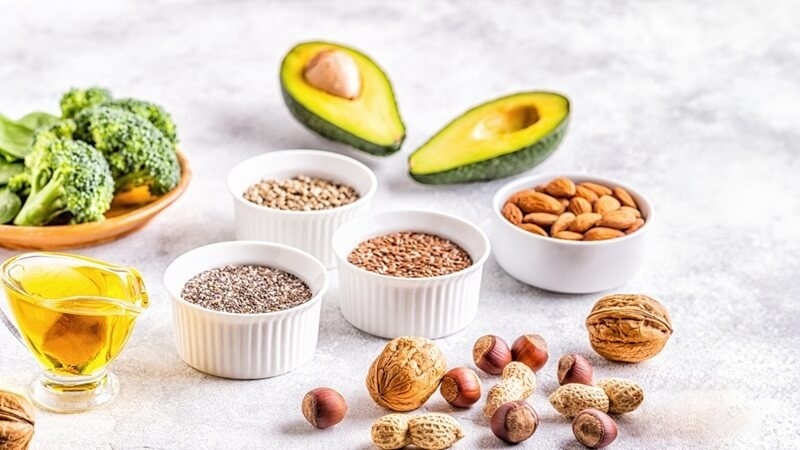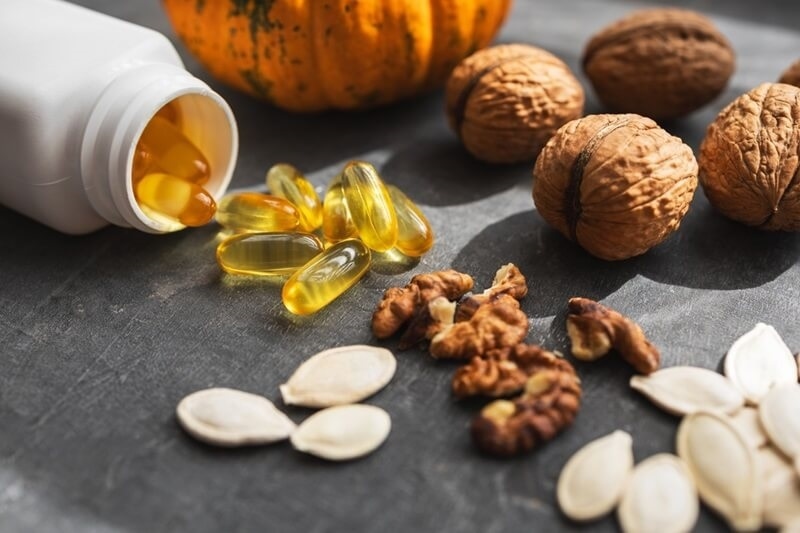
Let’s get something straight right off the runway—flying isn’t just hard on your sleep schedule. It can take a toll on your heart, too.
Think about it. Long periods of sitting. Dry cabin air. Weird time zones. Dodgy in-flight meals. And don’t even get started on the stress of layovers, missed connections, and security lines that move at a glacial pace. For the seasoned traveler, it all becomes routine. But for your cardiovascular system? Not so much.
That’s why heart-conscious travelers—and even those who should be—are turning to smart nutrition choices and targeted supplements to stay one step ahead. Because when your heart’s in it for the long haul, you’ve got to give it what it needs.
Welcome aboard this heart-smart journey. Let’s unpack how to keep your ticker in top shape at 35,000 feet—one supplement, snack, and simple shift at a time.
First off, flying isn’t “dangerous” for your heart by default. But if you’re doing it often, like really often, you’re introducing a handful of sneaky stressors:
It all adds up. And if you’ve got a history of hypertension, arrhythmia, or just a strong family history of heart disease, these aren’t things to ignore.
That’s where targeted nutrition and heart health dietary supplement strategies come in. Let’s break it down.

You wouldn’t board a flight without your passport. So why leave your heart’s support behind?
Here are the top heart health supplements frequent flyers should consider stashing in their carry-on. Not just because they sound good—but because science backs them up.
Think of these as the gold standard of cardiovascular support. Found naturally in fatty fish like salmon and sardines, omega-3s help lower triglycerides, reduce inflammation, and may help regulate heart rhythms.
For those who don’t eat enough fish—or prefer not to deal with airplane seafood options (we get it)—a high-quality fish oil supplement is a reliable backup.
Pro tip: Look for EPA and DHA on the label. Bonus points if the brand is third-party tested for mercury and purity.
Long flights = potential oxidative stress. And CoQ10? That’s your defense.
This compound supports energy production in cells, especially heart cells, and can help reduce statin-induced muscle fatigue if you’re on cholesterol-lowering meds. It’s also great for maintaining healthy blood pressure levels.
Need a pick-me-up mid-flight? CoQ10 can be energizing—but not in a jittery, caffeine-fueled way.
This unsung hero supports over 300 bodily processes, including muscle function (hello, heart), nerve transmission, and blood pressure regulation.
Magnesium deficiency is more common than you’d think—especially in stressed-out, sleep-deprived frequent flyers. And don’t assume your multivitamin covers it. Many fall short.
Magnesium glycinate or citrate are both traveler-friendly and gentle on the stomach. Save the epsom salt baths for when you land.
Sunlight keeps your circadian rhythm in check and supports heart health. But when you’re flying through multiple time zones or spending hours indoors in terminals and cabins, vitamin D levels can drop.
Vitamin D3 supports calcium absorption, and K2 ensures it goes to your bones—not your arteries. This dynamic duo is especially important for those at risk for calcification or high blood pressure.
A small softgel a few times a week might be the easiest upgrade you’ll ever make.
This amino-acid-like compound plays a role in energy metabolism, especially in the heart. Some travelers swear by it for improved energy, reduced jet lag symptoms, and better recovery from long flights.
It’s not essential for everyone—but if you’re clocking in 3+ flights a week, it’s worth considering.
Explore More: Discover How Can You Use Duffle Bags as Carry On Luggage
While targeted supplements are great, the foundation still matters. A well-rounded multivitamin—especially one rich in vitamins for heart health like B6, B12, folate, and vitamin C—can help fill in the gaps.
Again, supplements aren’t a substitute for real food. But let’s be real—sometimes real food isn’t an option when you’re sprinting through a terminal with only five minutes to spare.
Let’s tackle something important but confusing. You’re 4 hours into a flight. Suddenly, there’s tightness in your chest. Panic sets in. Is it serious?
Well... maybe. But maybe not.
Here’s where understanding heartburn vs heart attack becomes critical.
Heartburn usually presents as a burning sensation behind the breastbone. It may get worse when lying down and often improves with antacids.
A heart attack, however, can include pressure, pain radiating to the arm or jaw, shortness of breath, nausea, and sweating.
Still unsure? When in doubt, alert a flight attendant. Most planes have access to emergency medical consults. Better safe than sorry.
And here’s the kicker—not all chest pain equals heart attack, but ignoring real signs is the worst move you can make.
On the flip side, don’t mistake real heart-related symptoms for indigestion, especially if you’re over 40 or have a history of heart issues.
Travel health often gets over-simplified. But here’s an important distinction every traveler should know: heart attack vs cardiac arrest.
Pro tip: Some airlines now include AEDs on long-haul flights, and many flight attendants are trained in CPR. If someone collapses mid-flight, don’t freeze. Act.
Supplements are helpful. But lifestyle habits still matter—maybe even more—when you're hurtling through the air at 500 mph.
Here are a few travel tips to support your heart:
Recommended Article: Enjoy the Perks & Programs With Free Airport Lounge Access
Whether you're a corporate traveler bouncing between cities or a digital nomad chasing sunrises in different time zones, your heart goes wherever you go. Literally.
Frequent flying may be a dream gig or a necessary evil, but it doesn’t have to come at a cost to your cardiovascular health. A few smart moves—like the right heart health dietary supplement, a supportive diet, and better travel habits—can make a huge difference.
And while you’re booking hotels and packing chargers, take a moment to think about what powers you through it all. That tireless muscle in your chest. Take care of it.
Because the real journey? It only happens if your heart’s in it.
This content was created by AI